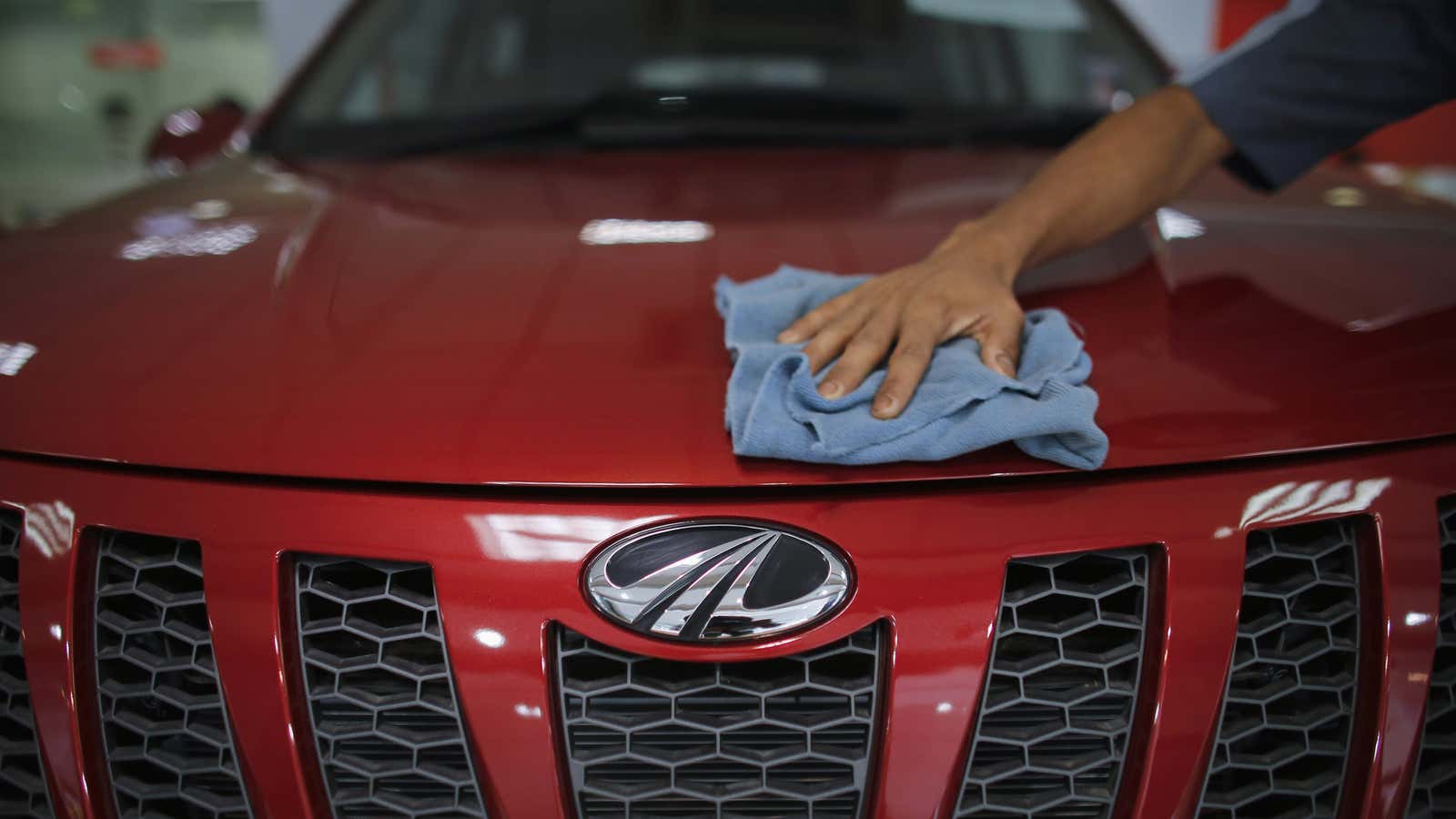The Covid-19 outbreak has severely hit most Indian industries. But for some sectors, the pandemic may eventually prove to be a boon.
As the country limps out of a lockdown that started on March 25, experts believe Indians are likely to avoid public transport or shared vehicles, which may boost sales of automobiles. The used car market, in particular, is likely to benefit disproportionately as Indians will try to spend less given the uncertain economic environment and the current state of jobs.
“Covid-19 has taken a toll on people’s personal finances as well as businesses in general. In the wake of such events, not a lot of people will prefer spending money on new ones and instead opt for used vehicles to address their personal mobility needs,” credit agency Crisil said in a note on May 29.
Some pre-owned car sellers have already started seeing an uptick in demand, while others are preparing for good times.
Early trends
Even as some parts of India remain under lockdown, potential shoppers in places that have reopened are scouting for used car deals.
“In the third and fourth phase of lockdown, demand and supply for pre-owned cars have started to gain traction especially across the green and orange zones (where cases of Covid-19 are fewer and shops are allowed to open),” said Amit Kumar, business head of OLX Cash My Car, a trading platform for pre-owned cars.
Sales in the segment will rise at least 20% in the coming months as two-wheeler users look to upgrade to cars, which are seen as a safer option given the need for social distancing, said Sandeep Aggarwal, founder and CEO, Droom, an online marketplace to buy and sell automobiles.
Already, the used car market in India is over 1.5 times bigger than the new car market, according to experts. In the financial year ending March 2019, India’s used car sector was valued at $90 billion, selling 4.8 million units.
India’s largest carmaker, Maruti Suzuki, which operates in the pre-owned segment through its True Value brand, also believes that the economic slump and tepid customer sentiment will have a positive rub off on the used-car sector.
“Till the month of February, we registered a growth (in sales) of 4% in True Value,” Shashank Srivastava, executive director of marketing and sales at Maruti Suzuki India, told Quartz. “We are confident that the organised pre-owned car market with its better reach, reliability, transparent pricing, and finance availability will attract customers.”
The popular models in the segment range from Maruti’s affordable hatchbacks such as WagonR and Alto, to Toyota’s sports utility vehicle Fortuner, and Honda’s sedan Accord, according to Droom. There are also several takers for second-hand luxury brands such as BMW and Mercedes.
But these initial trends do not guarantee a smooth drive to the future.
Speed bumps
Second-hand car sellers may face tough competition from self-driven car rental companies, experts said.
Already, Zoomcar, a leading car rental firm, is positioning itself as a more affordable and convenient option for users who may be looking for personal vehicles to avoid public transport amid Covid-19.
“We are preparing for a four to five-fold increase in demand in the coming months,” said Greg Moran, CEO and co-founder of Zoomcar. “Especially considering the current recession, car subscriptions can prove to be a better option as a more affordable and quicker way of acquiring a car, delivering a safe mobility replacement.”
Besides, pre-owned car sellers may struggle to source sufficient supply in the near future, said Kumar of Cash My Car. A major chunk of the supply in the second-hand car market comes from the exchange schemes on new cars. With new car sales in India dropping to abysmal levels in the past few months, re-sellers might struggle to fill up inventories.
“If the supply continues to be constrained, we will see a slight increase in prices of used cars and the consumers bereft of choice will purchase granny cars (older than five years),” Kumar said.
